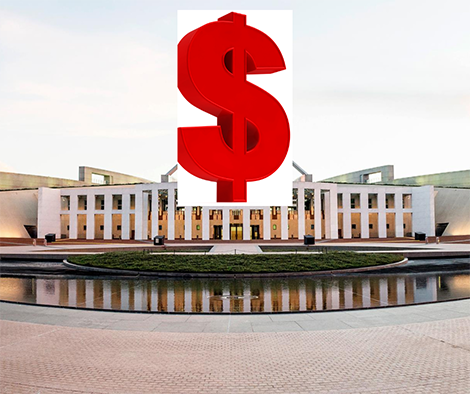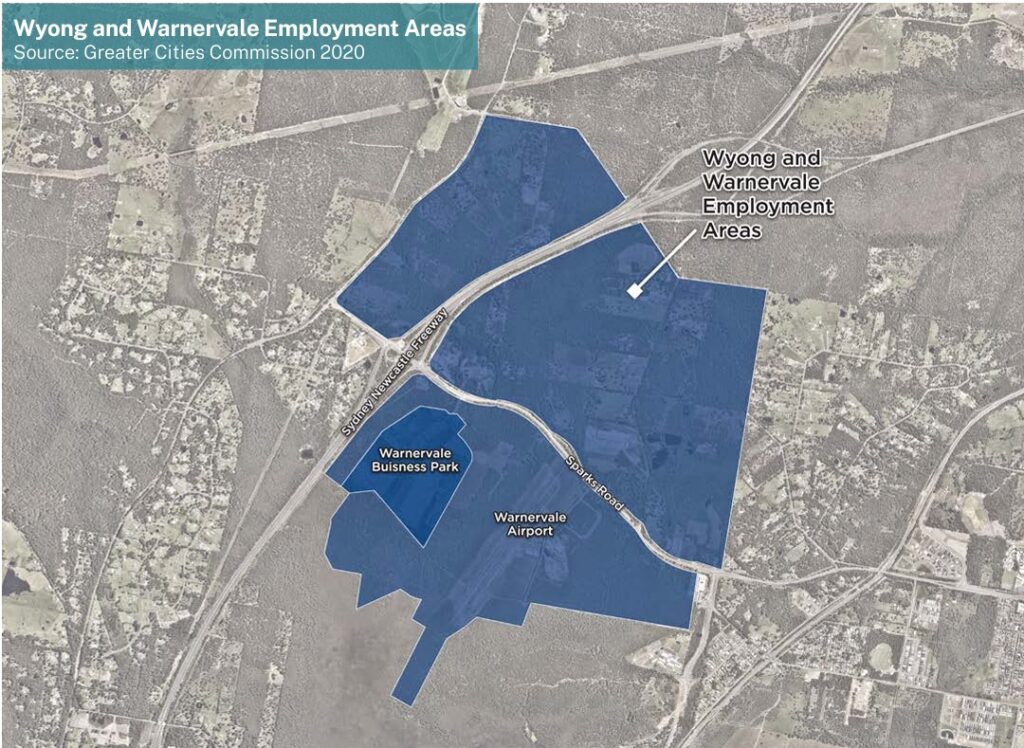The Centre for Public Integrity has released its analysis of the Australian Electoral Commission’s 2020-21 political donations data and concluded that elections are little more than “auctions for the richest participants”.

From the Centre for Public Integrity media release and report
Clive Palmer’s Mineralogy Pty Ltd spent over $117 million in declared donations on the 2022 federal election – he is ranked first in the list of top 10 donors, according to the Central for Public Integrity’s analysis of the latest Australian Electoral Commission (AEC) donations data. He leads the pack by a margin of over $110 million.
Next down the chain of big-time donors is the Simon Holmes a Court backed Climate 200 Pty Ltd, the not-for-profit behind the ‘Big Teal’ independents movement. They only coughed up $7.8 million in declared donations.
Most of Top 10 donors are familiar names or backed by familiar names: Anthony Pratt (Pratt Holdings Pty Ltd) the Visi “cardboard king” donated a total of $3.9 million. In fact, it’s a bit of a who’s who of Australian billionaires for those who don’t have such company in their phones as close contacts: Scott Farquhar, billionaire founder of the Atlassian software company; Michael Cannon-Brookes of Sun Cable fame both made substantial contributions.
The share trader Robert Keldoulis also got behind the Teals. The Communications, Electrical and Plumbing Union (CPEU) was the only trade union to make it to the top 10.
However, in terms of the federal MPs in Central Coast seats, Member for Dobell, Emma McBride does not appear on any donor registers. She has not submitted an annual return or an election return to the AEC.
The Member for Robertson, Dr Gordon Reid, has submitted his 2022 election candidate return and shown no donations over the threshold of $14,200. He was not named in any donor returns.
The Centre for Public Integrity believes that small gold coin donations are “a sign of healthy democratic engagement”. However, it says the mega payments made by the likes of the top 10 “may expose our elected officials to the undue and disproportionate influence of a few loud voices, and thus threaten the integrity and quality of governmental decision-making”.
The Centre’s research has tracked the concentration of Commonwealth political donations from 1998-99 to 2020-21.
“It finds that, particularly in election years, our political parties are persistently funded by a select few – with the top 5 per cent of donors contributing over 76 per cent of all total disclosed political donations over the period.
“This inordinate concentration is relatively stable over time, and major party indiscriminate. It undermines Australia’s commitment to political equality and threatens the impartiality and quality of Australian governance.”
The Centre argues that this result is “not inevitable” and puts forward solutions that would go some way to restoring a much more level playing field at election timed.
Corruption risk
Large donations from monied interests pose a unique threat to the democratic fabric, according to the Centre for Public Integrity.
“These donations are apt to give a select few ‘privileged access to decision makers within a party’, fundamentally undermining the Australian constitutional value of political equality. Unlike many of the states and territories, this corruption risk is amplified at the Commonwealth level due to the lack of any cap on donations, slack disclosure requirements and a meagre public funding system.”
The Centre argues that most of these huge donations lack altruism.
“As one commentator notes: ‘Corporations don’t give their money away for nothing … Why else would a corporation, which is bound by law to pursue profits, make these donations?’. The High Court has noted that wealthy donors may seek ‘quid pro quo’ favours with elected officials, or even seek to make the party so dependent on their patronage that they have no choice but to support their donors.
“Such donations can also ‘give rise to a particularly corrosive type of corruption resulting in a loss of confidence that government decisions are being made in the public interest’, as was recently noted by the Victorian Broad-based Anti-corruption Commission,” the Centre comments in its analysis
In election years the problems presented by huge donations are amplified, the Centre has argued. In election years the top 5 donors contributed 33.2 per cent, the top 10 donors contributed 53.8 per cent.
“On average, per year, between 1998-99 and 2020-21, the top five per cent of donations made up 53.4 per cent of donations, the top 10 per cent made up 65.4 per cent and the top 20 per cent made up 77 per cent”
Since 1998-99, 5 per cent of donors have contributed over three quarters of all reported political donations.
“It would be naïve to expect that such a concentration had no impact on the decision-making of our elected representatives,” the Centre for Public Integrity concludes.
Privileged access
While persistent large donations may result in ‘implicit bargains of favourable treatment’, some donors have been surprisingly open about their quest for privileged access. As the Minerals Council of Australia (‘MCA’) have explained, they donate in order to ‘provide additional opportunities for the MCA to meet with members of [P]arliament’.
The CPI argues that both major parties are “exposed to the corruptive influence of a significant dependence on a limited number of donors, though the Australian Labor Party’s (‘ALP’) donation profile remains more concentrated.”
It concludes that reliance on large donations creates both the risk and the public perception that “decisions are not being made in the public interest but are merely being made at the behest of the highest bidder”.
It argues that the Commonwealth should move in the same direction as NSW, Victoria and Queensland, by urgently limiting the ability of well-resourced entities to bankroll Australian political parties. It needs to implement “long awaited donations reforms”.
In particular, the Centre for Public Integrity recommends:
- A reduction in the donation disclosure threshold to $1000 (indexed annually) for individual donations, and aggregated donations of $3000 (indexed annually) over three years to political parties, candidates, associated entities and third parties.
- ‘Real time’ disclosure of donations within 7 days, or 24 hours in election periods;
- An expansion of the definition of ‘donation’ to include income from party fundraisers, corporate sponsorship of business forums, membership fees over $2,000 per year and any gift spent on electoral expenditure; and
- The implementation of donation caps set at $2,000 per year for candidates and $5,000 per year for parties.


